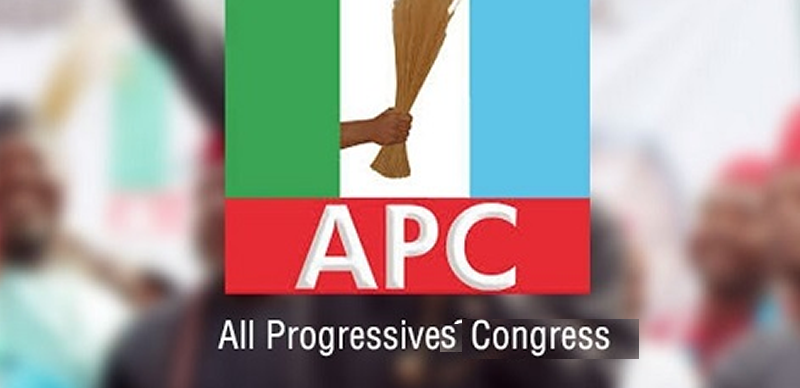The All Progressives Congress (APC) emerged as a major political party in Nigeria, promising change, unity, and progress.
However, as time progressed, it became evident that the APC’s past and present administrations played a significant role in fostering disunity among Nigerians.
This article explores some key factors that have contributed to the growing disunity and polarization within the country and their connection to the APC’s governance.
Ethnic and Religious Divisions:
One of the most significant ways in which the APC’s past and present administrations have fueled disunity is through the worsening of ethnic and religious divisions.
Rather than fostering inclusivity and national integration, the administration’s policies and rhetoric have often emphasized identity politics, leading to the marginalization and exclusion of certain groups.
This has resulted in a deepening sense of mistrust and animosity among different ethnic and religious communities.
Ineffective Governance and Economic
Hardship’s: The APC government came into power promising economic prosperity and improved living conditions for all Nigerians.
However, the reality has fallen short of expectations. The lack of effective governance and the inability to address pressing socioeconomic challenges have caused widespread disillusionment and frustration among citizens.
The resulting economic hardships, including high unemployment rates, inflation, and poverty, have further deepened divisions and created fertile ground for social unrest.
Mismanagement of Security Challenges:
Another factor contributing to disunity is the APC’s government handling of security challenges. Nigeria has faced numerous security threats, including insurgency, terrorism, herdsmen-farmers clashes, and communal violence.
The government’s response, at times, has been perceived as inadequate, leading to a loss of trust in the administration’s ability to protect citizens.
This has further fueled divisions, as different regions and communities experience varying degrees of insecurity.
Lack of Accountability and Corruption:
The APC, like many other political parties in Nigeria, has struggled to tackle the issue of corruption effectively. Corruption erodes public trust, breeds inequality, and hinders development.
Despite promises to fight corruption, instances of alleged corruption within the party’s ranks and the failure to hold high-ranking officials accountable have contributed to a sense of injustice and disunity among Nigerians.
The APC’s past and present administrations have, unfortunately, contributed to disunity among Nigerians. Ethnic and religious divisions, ineffective governance, economic hardships, mismanagement of security challenges, lack of accountability, and divisive communication strategies have all played a role in deepening societal rifts.
Moving forward, it is essential for political leaders and parties to prioritize inclusive governance, equitable economic policies, effective security measures, and transparent accountability mechanisms that promote unity and address the concerns of all Nigerians, regardless of their backgrounds.
Only through collective efforts and a commitment to national cohesion can Nigeria overcome its challenges and build a more united and prosperous future.
